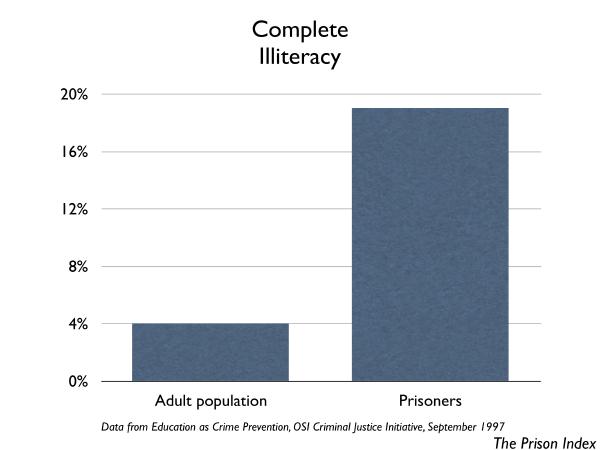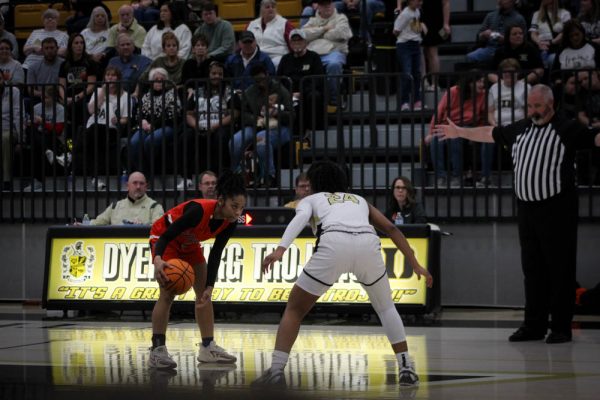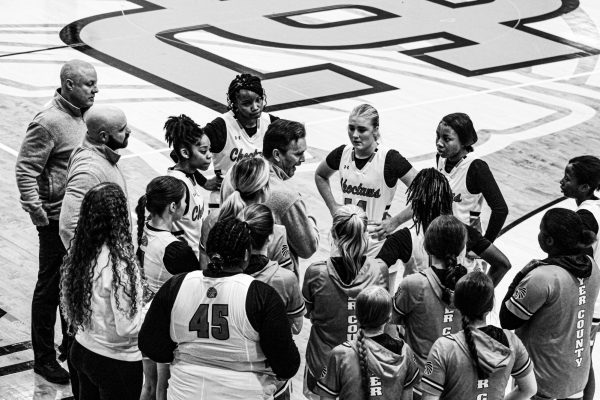Why Do Women Return to Abusive Relationships

April 7, 2022
Why didn’t she just leave? Doesn’t she think about her children? Does she enjoy the attention? To be certain, there is plenty of stigma that surrounds women who have been caught in a cycle of domestic abuse. Those who have never been exposed to domestic abuse can certainly fall onto a habit of victim-blaming. What many don’t know is that these exact kinds of questions can be the very reason that women are hesitant to seek any help.
The United States Justice Department defines domestic violence as follows: “a pattern of abusive behavior in any relationship that is used by one partner to gain or maintain power and control over another intimate partner. Of course we know that not only women are victimized by domestic violence and not only men are inflictors of domestic violence, but they certainly make up a vast majority of cases, so those relationships will be the main focus of this paper. According to the CDC, 4.8 million women in the United States are physically assaulted by a romantic partner. There are both internal and external factors for why women stay in or return to damaging relationships. One of the main external factors for staying with an abusive partner is financial dependency. When a woman depends on her partner for her financial stability, leaving becomes extraordinarily difficult even if that partner becomes abusive. The external factors that fall under the category of financial instability include the possibility of homelessness and therefore safety of any possible children. They could also face messy custody disputes of the children. According to the BYU Undergraduate Journal of Psychology, “If women underestimate the complexity of this process, they are more likely to return to their abuser.” Women have to be heavily prepared with resources to flee to in order to leave an abusive partner, especially one she depends on financially.
In addition to external factors, there are also several more internal factors for returning to an abusive partner. Studies have shown that roughly fifty-three percent of women return because of emotional attachment. According to the article Reasons for Returning to an Abusive Partners in the BYU Undergraduate Journal of Psychology, a woman’s stance on forgiveness as a whole affects the rate of return. Some religions that these women hold dearly may put a lot of emphasis on forgiveness, leading the women to feel guilty about not taking their abusers back. These women may also be more likely to forgive their partner if she believes the abuse she experienced was unintentional or that the inflictor really is sorry. In a study done by Dianne Casoni and Kathryn M. Campbell for the Journal of Phenomenological Psychology, men and women in relationships with a history of domestic violence were asked to talk about the abuse. It was found that when women in ongoing abusive relationships were asked to recount their husband’s acts of violence, they seemed to defend their husband from any negative judgment from the interviewer. The eight women interviewed all seemed to use past tense when describing their husband’s violent tendencies despite the fact that the relationships were still active and the acts of violence were no less frequent. The women also would bring up reasons why they believed their husbands had violent outbursts and why they believed they needed to be understanding, such as them growing up in violent households. Women who return to a damaging or abusive relationship often try to identify with their abuser, explaining his actions long before he even apologizes. This cycle of abuse and then forgiveness is often difficult for those on the outside to understand.
Another important internal factor to note is how the women view themselves and their relationship. Many abused women do not want to see themselves as victims or as weak. The same study of eight couples discussed earlier from Journal of Phenomenological Psychology found that women will often follow up their accounts of being abused with a statement conveying that they are alright now or that they may have been partly to blame. The study found that the women interviewed will often go into detail about what they might have done in retaliation. In the analysis of the first woman’s account, the journal notes, “Anna might prefer to stay more in touch with the seeming powerful mastery of the leader in the couple than to see herself as the powerless passivity of the victim.” If the women being abused do not recognize the abuse or justify the abuse by saying that they have retaliated violently, they cannot take the steps necessary to move on from that relationship. However, even when women recognize that they are being abused, they often have the mindset that it’s okay because they are tough enough to handle it. According to the study, the women interviewed seemed to have convinced themselves that they are in “no real danger.” The stigma against women in abusive relationships is that they enjoy the attention from the fight, but the truth is they are fighting to not be seen as weak.
A highly influential factor in why women choose to return to a destructive relationship is their past trauma predating violent romantic partners. In Reasons for Returning to Abusive Partners, it is said that women who experienced either physical or sexual assault as a child are twice as likely to become a victim of more abuse as an adult. Research shows that childhood sexual assault is the highest predictor of future victimization by an intimate partner. It seems likely that if a female grows up being abused, possibly in a much worse manner, she will be more likely to tolerate abuse from others as an adult. The trauma that these women experience can cause PTSD, anxiety, depression, and other mental issues that make it more difficult for them to come forward. This occurrence falls under the internal factors category as well because it plays into their emotional attachment to their partner.
The last notable factor as to why women find difficulty in leaving relationships that are damaging to their mental health is the stigmas surrounding domestic abuse. If a woman feels as though she will be blamed or looked down upon, she is far less likely to talk about what is happening to her and get the help she needs. In a survey of university students by Policastro and Payne in 2010, a third of the participants believed that women stay because they enjoy the negative attention but half said they did not understand what other reasons they might have for saying. It was also found that women blame the victim far less than men. Finally, it was also concluded that women who experienced being stereotyped or met with these stigmas were less likely to successfully leave their abusive partners and more likely to stop seeking help in the future. Women fleeing from these dangerous entanglements don’t need to be asked why they didn’t leave sooner or if they enjoy the attention. They may begin to blame themselves if they do not already and become embarrassed. When we expect the victim to end the cycle of abuse rather than the inflictor, we only inflict more damage.
So why doesn’t she leave? Because there are simply too many internal and external factors that make the process of leaving more complicated than most people, including victims, estimate it to be. Women fleeing from a damaging partner need support and resources to stay on their feet rather than questions about why they found themselves in that situation. Past trauma, emotional attachment, children, financial dependency, and judgment from other people can all play a part in why a victim may struggle to come forward. If we are to help women in these abusive situations, then we must be free of judgment and full of understanding.











